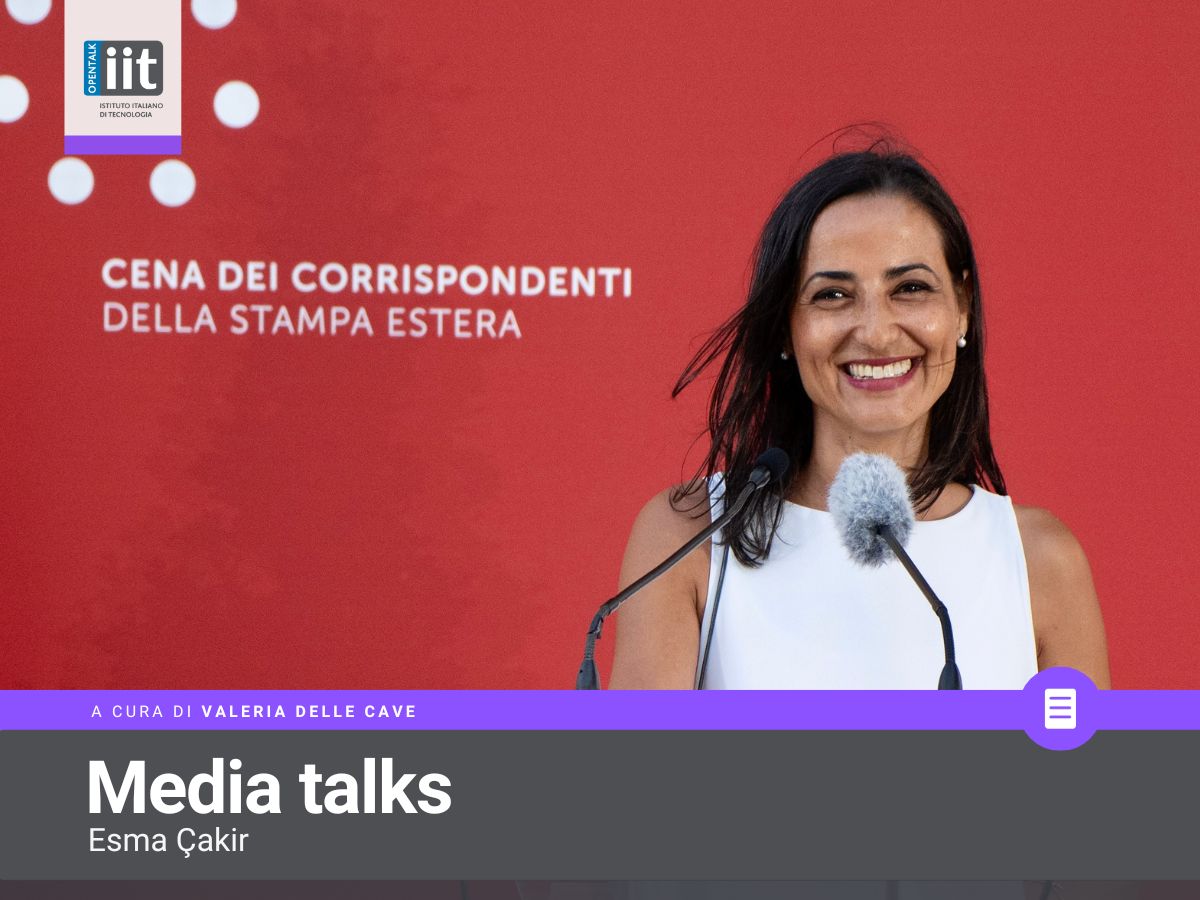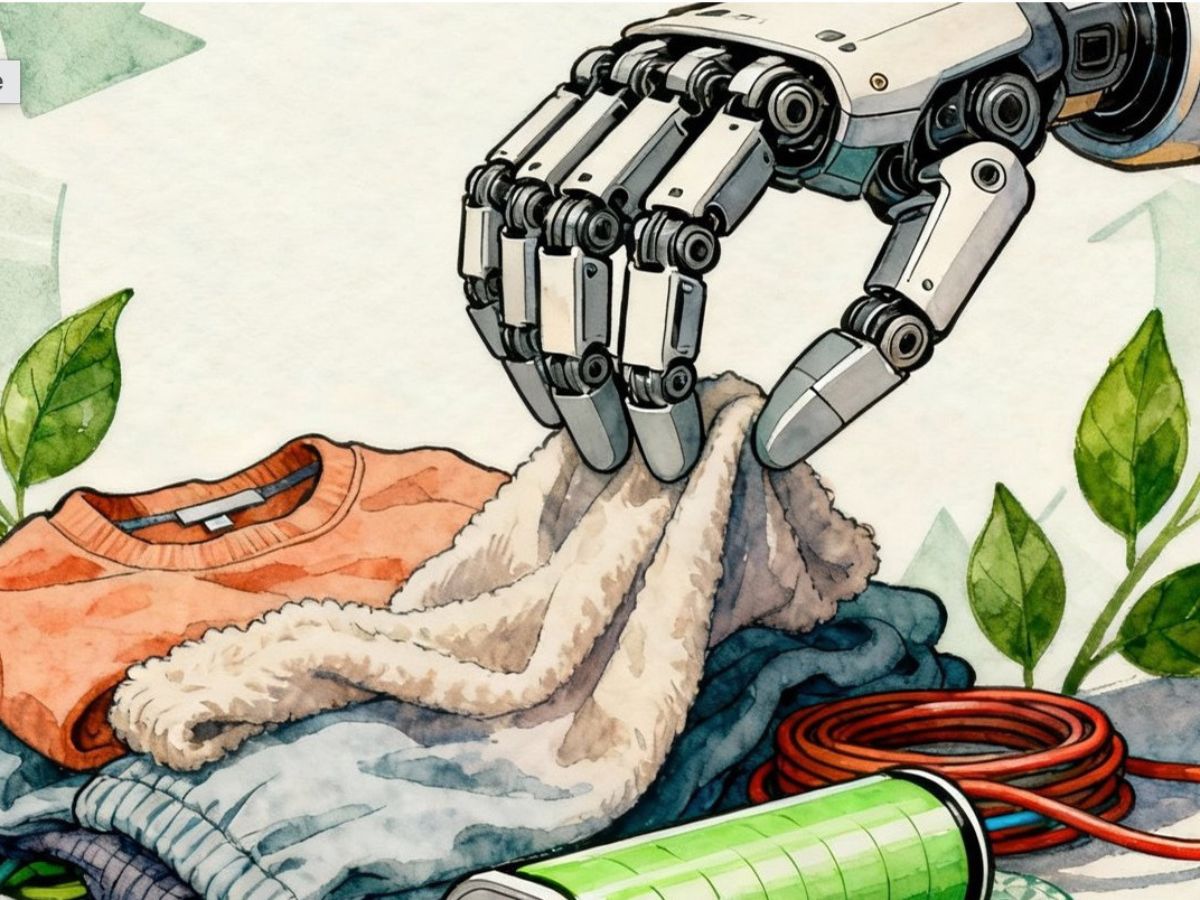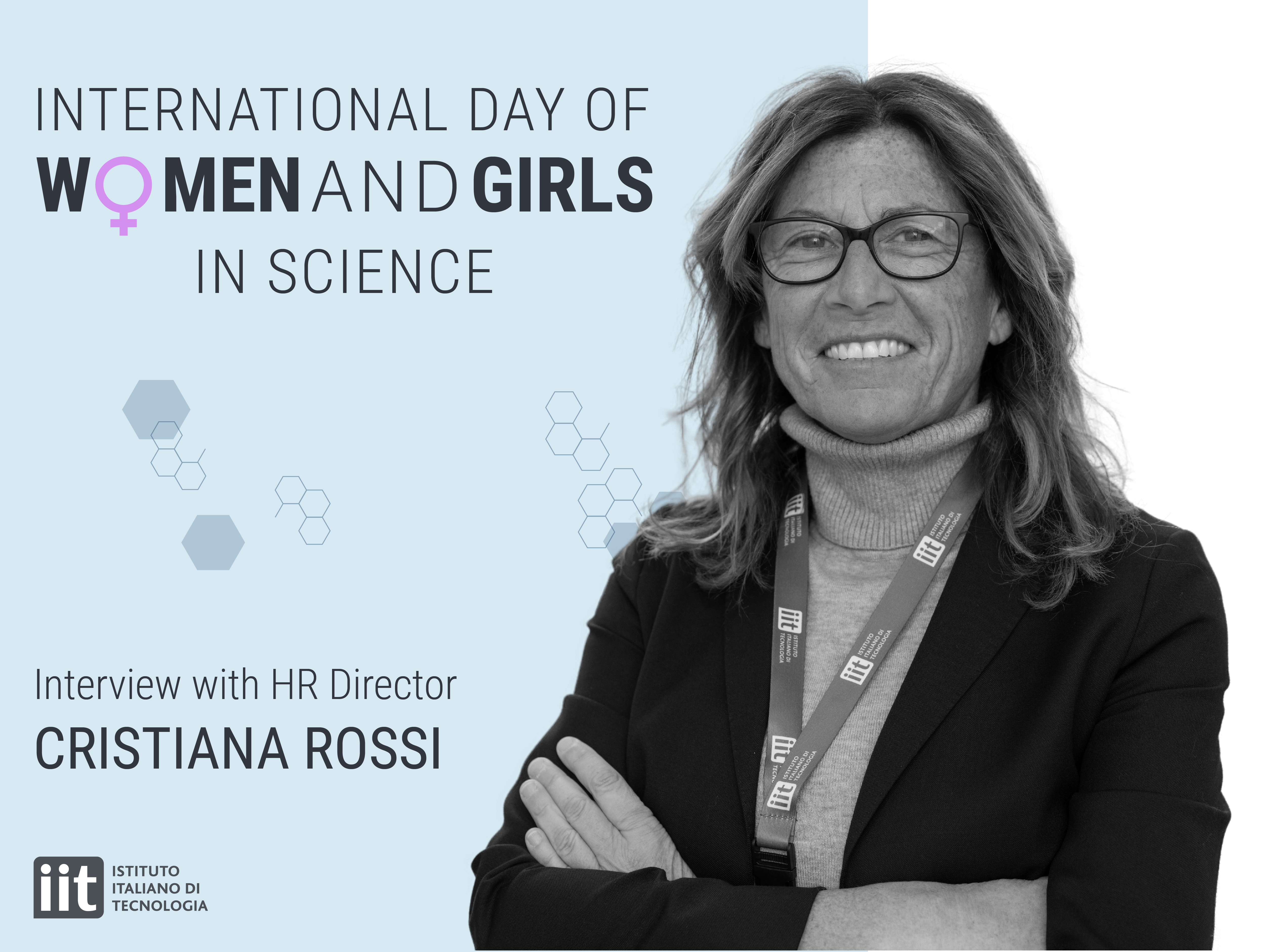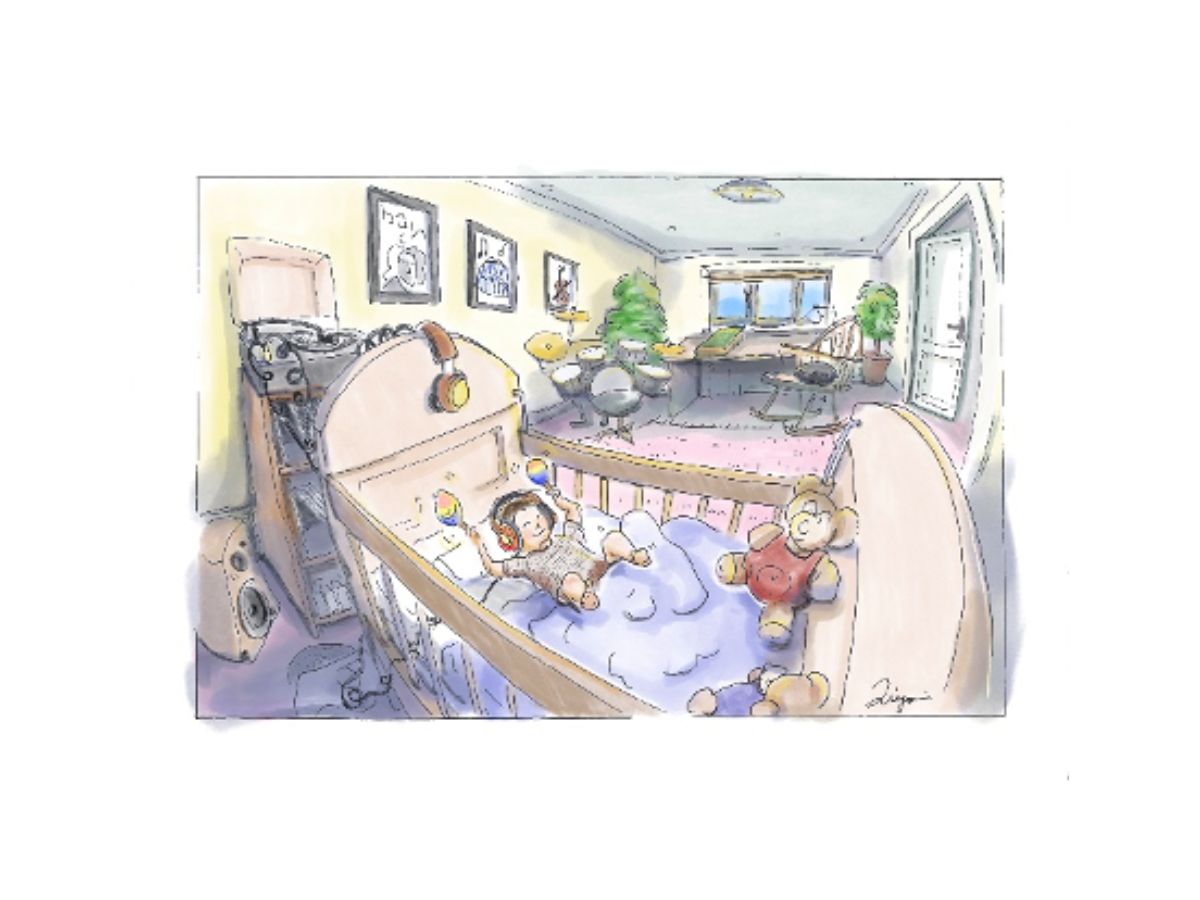Interview with Esma Çakir, Turkish freelance videojournalist, photojournalist and President of the Foreign Press Association in Italy
The first conversation is with Esma Çakir, Turkish freelance videojournalist and photojournalist based in Rome and current – and for the third time- President of the Foreign Press Association in Italy.
1 – The Associazione Stampa Estera (Foreign Press Association) was founded 110 years ago and has seen the presence of over 5,000 correspondent journalists in Rome and Milan, where its two offices are located, with the aim of exploring Italy and reporting on this country for the benefit of other nations. In fact, the Association represents a sizeable portion of the globe, some 53 countries, in a single location. Can you tell us what it means to experience this sort of international reality as president, but also as a fellow journalist?
It’s true, it’s something that always excites me and at the same time it makes us very proud. We have been described as rather like the UN of the press. Within our own “glass palace” we are a community of individuals, a microcosm of ethnicities and different political ideas, but our work and sense of responsibility unite us all, and our long personal acquaintance also makes us friends. So tolerance is of prime importance, even though disagreements or dissent are inevitable from time to time. Just as in a large family, in which there may be occasional quarrels and discussions, we always find common ground, because we are proud of our association’s prestige. Being President is very important for me, not only because I have to repay the trust demonstrated by all the members through their preference, but also because I have to represent the entire association at the many events we organise and in the institutional appointments on the agenda.
2- With your reports, published in newspapers, on radio and TV, you provide the principal viewpoint on Italy for foreign audiences. And therefore also for Italians who, by reading international media, can observe themselves through your eyes. Beyond the important political events, what are the types of stories about Italy you work on most often, and how do you choose them?
Last year, when we hosted Mario Draghi, who at that time was still Prime Minister, in our office, he called us the “eyes and ears on Italy”, underlining the fundamental importance of our role. In fact, the work of each one of us is very important not only for our respective countries, for which we describe Italy and its points of excellence, but also for the Italians themselves. Over the years we have seen that Italian people have always dedicated a great deal of attention to us, perhaps because we are able to present a more disengaged point of view and interpret the various situations as realistically as possible, even uncovering unexpected stories and personalities. Of course, our agenda naturally requires us to write about politics and the economy, but we like reporting on everything that concerns the life of a country in its entirety. However, I believe that we are truly lucky to be correspondents in Italy, because every day we are able to find so many ideas for the creation of our reports, from culture to fashion, including themes such as cinema and design, but above all food and wine. For many of us, the Vatican is also a subject of great interest, because although it is a micro-state it influences the moral aspect of the lives of millions of people around the globe, and moreover it is the only monarchy in the world in which power is passed on by election and not inheritance.
In short, we can say that we are in a country that acts as a sounding board for the entire planet.
3- Women and journalism. In Italy there is a lot of debate on this theme, regarding both the low number of women in top positions within newsrooms and the way news about women is reported. Abroad there are some relevant examples, such as Zanny Minton Beddoes, editor-in-chief of The Economist,and Alessandra Galloni at Reuters, to name just two. In your Association there are many women holding important positions as foreign correspondents. How do you become a figure of this type, and what have been the main challenges for you?
In the history of our association we have had only five women as President. This is quite a small number, although in the last decade the trend has changed to a degree. Without doubt this is due in part to the improvements that have taken place in our society. There is now a greater awareness amongst women, along with a desire to take on more important roles that until now were rather inaccessible. Of course there is still a long way to go, but I believe we are on the right path. Even among our members there are a lot of women correspondents for the most important national newspapers or TV stations, and there are also a number of personalities heading international agencies.
I, for example, come from a country, Turkey, which unfortunately is a little behind from this point of view, even though – and I always like to point this out – we had a female President of the Republic much earlier than many European countries, in 1993, while Italy has never elected a female President, and its first female Prime Minister took office only last year.
I hope to be an example, in a small way, for the new generations of female journalists, enabling them to understand how believing in themselves and pursuing their ideas and dreams is of fundamental importance, and furthermore, I hope, as President of the Foreign Press Association, to be able to contribute to spreading good professional and universal journalism free from constraints or prejudice.
4 – Although Italy is among the European countries that invest least in scientific research, it achieves results of great quality, with sectors of excellence recognised by the international scientific community, from robotics to new materials, from medicine to artificial intelligence. In your opinion, what more should we as universities and research centres be doing to improve our visibility as a country of high-level science and technology?
Since I moved to Italy to work as a correspondent, now more than 14 years ago, I must say that I have learnt over time that this country is truly packed with brilliant minds and points of excellence that go on to inspire the whole world. People often think of Italy as a rather out-dated nation where modernity and technology are not at the highest levels, and where there is a focus only on respecting regional traditions, with wonderful towns and incredible food and wine. On one hand, this is true, and unfortunately perhaps also a consequence of the demographic crisis of recent decades, but at the same time the new generations, aided by universally-recognised Italian ingenuity and a spirit of enterprise, are able to emerge with companies and start-ups, and then perhaps they go on to make their fortunes abroad.
In our premises we have often invited young researchers or entrepreneurs in the digital sector, all from top-level training institutes such as the Scuola Superiore Sant’Anna in Pisa or the Istituto Italiano di Tecnologia in Genoa, and thanks to them we have tried to discern the trends and challenges that the scientific community and technological research are facing in order to improve people’s lives. These meetings, that we have called “Garage Digitalia,” have attracted the attention of many of our colleagues from the Foreign Press. In Italy, there are often events that anticipate changes in certain sectors, from advanced medicine or studies on robotics, physics or space engineering, and I can mention, by way of example, the Director of CERN Fabiola Giannotti, or Samantha Cristoforetti, Commander of the International Space Station, who has been a guest at several of our events.
Unfortunately, these brilliant minds and the spirit of creativity often emerge entirely through their own efforts. In fact, over the years, many of such personalities have described and highlighted the structural shortcomings of the funding system for scientific research, and in fact the numbers show that Italy is one of the countries investing least in this area.
I hope that in the coming years this element will be taken into greater consideration by politicians, not least because we are facing epochal changes based on technology and science. It would be unwise for Italy to miss the opportunity to be at the forefront of this modern industrial revolution by promoting new professional figures and adequately communicating not only the goals that have been achieved, but also those that will have to be planned, so as not to discourage the many researchers or entrepreneurs, who, if they are not sufficiently appreciated in Italy, could go elsewhere.






